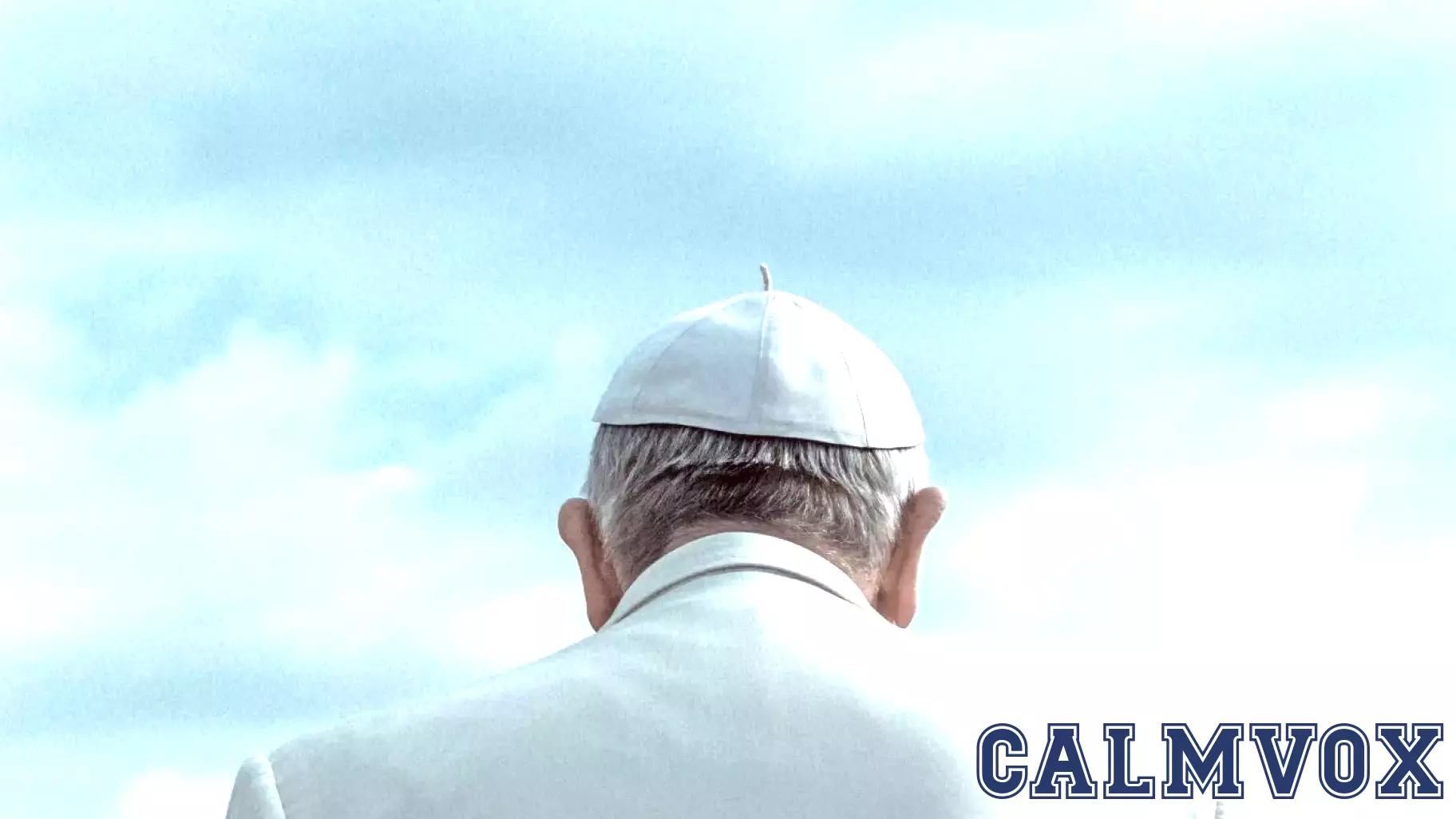A New Perspective on Moral Obligations: Insights from Pope Francis
April 26, 2025 - 01:03

J.D. Vance has recently advocated for a narrow interpretation of moral responsibilities that emphasizes individualism and personal accountability. In contrast, Pope Francis offers a broader and more inclusive understanding of moral psychology, which aligns with contemporary psychological research.
Pope Francis emphasizes the importance of community, compassion, and interconnectedness in moral decision-making. His teachings encourage individuals to look beyond their immediate self-interests and consider the well-being of others, fostering a sense of collective responsibility. This perspective resonates with findings in moral psychology that highlight the significance of social contexts and relationships in shaping ethical behavior.
By advocating for a more expansive view of moral obligations, Pope Francis challenges the parochial stance promoted by Vance. His approach not only reflects a deeper understanding of human psychology but also calls for a more empathetic and socially aware society. This dialogue between traditional moral teachings and modern psychological insights encourages a re-evaluation of how we perceive our duties to one another in an increasingly complex world.
MORE NEWS

March 1, 2026 - 08:18
New psychology research reveals a vicious cycle involving smartphone use and feelings of disconnectionNew psychology research reveals a troubling daily cycle where smartphone use and feelings of loneliness intensify one another. A study published in the journal Addictive Behaviors provides...

February 28, 2026 - 23:13
AI in, Garbage Out: Is Meta-Analysis in Danger?A cornerstone of modern psychology, the meta-analysis, is facing a novel and significant threat from the proliferation of fake, AI-generated scientific papers. This method, which statistically...

February 28, 2026 - 10:20
Critiquing Israel is not Anti-Semitism: The American Psychological AssociationIn a significant statement, the American Psychological Association has clarified the crucial distinction between criticizing the policies of the Israeli government and antisemitism. This move...

February 27, 2026 - 23:59
Psychology Suggests the U.S. Army Needs to Do More To Battle A New Enemy (Not Russia or China): LonelinessA recent study highlights a growing, non-traditional adversary within the U.S. military ranks: pervasive loneliness. While the Army possesses deep institutional knowledge for building unit cohesion...